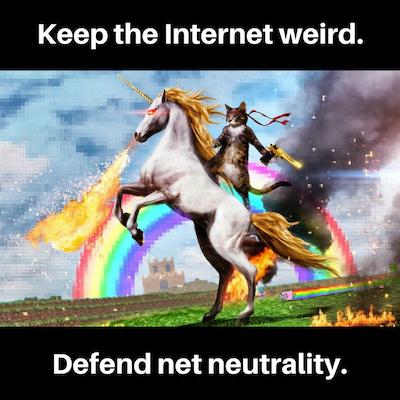- Joined
- May 18, 1997
- Messages
- 55,635
Make your voices heard on this topic by sending a letter to teh FCC and Congress if you have not done so already. Check out this site and give it a read. If you use an internet connect, it is worth your time. Unless of course you want some heartless POS provider deciding what information you should get quickly to your browser or desktop.


Cable companies are famous for high prices and poor service. Several rank as the most hated companies in America. Now, they're lobbying the FCC and Congress to end net neutrality. Why? It's simple: if they win the power to slow sites down, they can bully any site into paying millions to escape the "slow lane." This would amount to a tax on every sector of the American economy. Every site would cost more, since they'd all have to pay big cable. Worse, it would extinguish the startups and independent voices who can't afford to pay. If we lose net neutrality, the Internet will never be the same.
![[H]ard|Forum](/styles/hardforum/xenforo/logo_dark.png)
